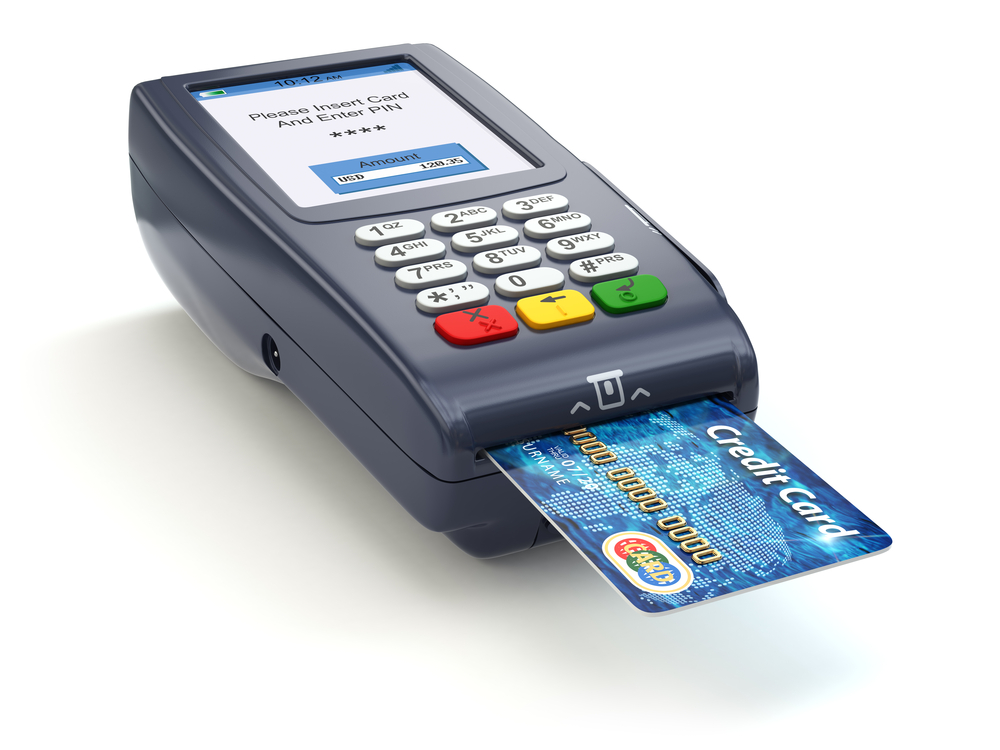Investing in technologies and other business essentials comes with a price. Even the most advanced innovations may have their own flaws. One of the things that you must focus on if you are a point of sale (POS) system current or would-be owner is data security. You want every data fed into your system to remain as private as possible because that is one way in which you can protect your customers’ identities and all transactions that they have with you. This is why learning about POS security is so important.
What Is POS Security?
This is simply the prevention of unauthorized access to POS and electronic payment systems by those who want to steal customers’ credit card information and personal details. This aims to create a safe environment so that your customers can confidently do business with you. As a business owner, this is crucial in fostering trust with those who patronize your products and services.
How Can It Compromise Your Work?
Data theft is a concern for business owners these days, even if processes already undergo automation. A hacker can just prey on a system if it is vulnerable enough to allow these intruders to interfere with your daily activities. Avoiding this is important, regardless if you run a clothing store, a restaurant, or any other business that uses a POS system.
Attackers usually use a series of steps to compromise work in the system. The first attempt is to access their targeted system and then exploiting it later using social engineering techniques. When they get the chance to infiltrate the system, they begin installing malware that will collect the data that they want. These will then be offloaded to a location that is already accessible to the attacker.
What You Should Do to Secure the System
There are several measures you need to undertake in order to avoid POS data breaches. The list includes the following:
- Encrypt data once entry is made. These pieces of information should only be decrypted when it gets into the payment processor.
- Only allow applications that are crucial to running your POS system. Get rid of those that add risk like those coming from email or web browsers.
- Make sure that the software is updated. This is to ensure that important security patches are implemented accordingly.
- Perform regular testing to see if there are existing weaknesses in the system. Once vulnerabilities are identified, implement necessary procedures to address them.
- Monitor activities and data in POS systems, to know if there are any indications of anomalies or threats.
- Secure access to the system using complex passwords, and two-factor authentication.
- See to it that antivirus software is run periodically to spot malicious files.
POS security is any business owner’s priority. We cannot reiterate enough how important it is to ensure that data cannot be accessed by attackers. Implementing the measures provided above will help a lot. Yet, one thing more to consider is going for a POS system that guarantees protection for your customers and your business. Work with the most trusted POS brands, and it will be easier to get all information protected.
